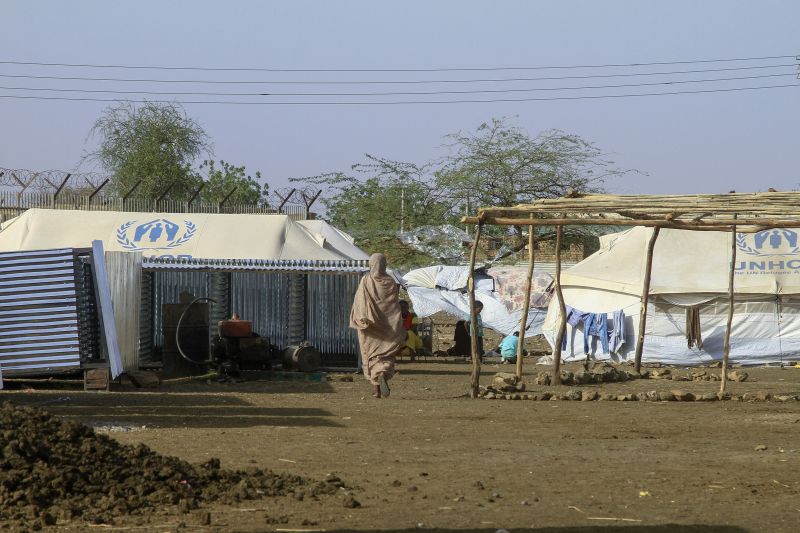Throughout Sudan, an alarming trend has been noted: women and girls are increasingly becoming victims of sexual violence, a drastic situation exacerbated by the ongoing conflict within the region. A recently released report shines a ghastly light on this disturbing development, uncovering the depths of the issue and the urgent need for intervention from the global community and local powers alike.
Dispute, discord, and disunity in Sudan have transformed the nation into a battleground where innocent citizens, particularly vulnerable women and girls, bear the brunt of the adverse impacts. The recently published report reveals the magnitude of such impacts, namely the sexual violence perpetuated by the involved parties, stressing a chilling fact — sexual violence in Sudan is neither sporadic nor accidental, but rather widespread, strategic, and systematic.
Women and girls are facing sexual violence as a tactic of war employed by warring factions. Rape, sexual slavery, forced prostitution, and sexual torture are recurring incidents, weaponized to emotionally and physically break the victims and their communities. The report articulates with disconcerting clarity how these atrocities serve as a medium to instigate fear, exert power, and dismantle the social fabric of the targeted groups.
Regrettably, the report also reveals other disturbing trends. Humanitarian aid workers – those sent to alleviate Sudanese suffering – are also falling victim to sexual violence. This twist leads to detrimental implications, as fear creeps into their ranks and potentially limits aid workers’ reach, leaving the already struggling populations even more vulnerable.
Moreover, the report draws attention to the fact that despite the horrifying prevalence of sexual violence, victims rarely see justice served. The problem is jarring – a mix of societal stigma, a lack of proper judicial mechanisms to address these crimes, and the culture of impunity surrounding the perpetrators.
One key facet that the report underlines is that the sexual violence meted out in the conflict is not just a women’s issue but a human rights violation of severe magnitude. It is not only causing unimaginable suffering now, but its effects are also deeply scarred into the psychosocial structure of the victimised communities, promising lasting damage if left unaddressed.
Addressing the outlined concerns demand far-reaching and robust action. The report urges national authorities and the international community to prioritize effective initiatives aimed at prevention, accountability, protection and support for victims. To name a few, these measures may encompass law enforcement and judiciary training, survivor-centric health and psychosocial services, and broader strategies to transform societal norms that perpetuate silence surrounding such atrocities.
The report, disturbingly enlightening as it is, paints a grim picture of the experiences that Sudanese women and girls navigate daily. It is a call to action for local and global entities: the atrocities being committed in Sudan must not continue unchecked and unchallenged. It pushes for investments into strategies to protect those most vulnerable, to punish those responsible, and ultimately to strive towards lasting peace built on justice, respect, and equality.




